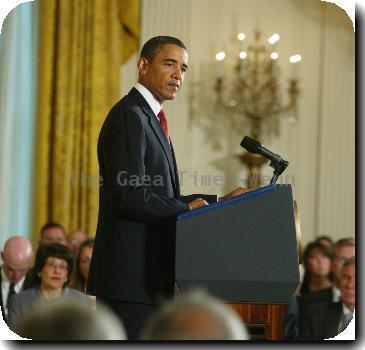Top US and NATO intelligence chief in Afghanistan leaving for new post in Washington
By By Kimberly Dozier, APThursday, September 9, 2010
Top US intel chief in Afghan leaving for new post
KABUL, Afghanistan — The top U.S. and NATO intelligence officer in Afghanistan, Maj. Gen. Michael Flynn, is moving to a senior intelligence job in Washington, two defense officials said Thursday.
Army spokesman Col. Thomas Collins confirmed Flynn would be taking up a new post but would not specify it because the move has not yet been approved by the chairman of the Joint Chiefs of Staff.
However, two defense officials said Flynn would be promoted to lieutenant general and become a top troubleshooter for the new Director of National Intelligence, James Clapper. The officials spoke on condition of anonymity to discuss matters of intelligence.
Another U.S. official said the position Flynn is being considered for is assistant director for national intelligence for partner engagement. The official also spoke on condition of anonymity.
Flynn, who has held the post in Afghanistan since June 2009, is expected to be replaced by Brig. Gen. Stephen Fogarty, the current intelligence chief for the U.S. Central Command in Florida.
In that post, Fogarty worked for current Afghan commander, General David Petraeus, who was named to command NATO and U.S. forces in Afghanistan in June.
The move will mark the departure of one of the last senior officers put in place by the former U.S. and NATO commander here, retired Gen. Stanley McChrystal. Petraeus replaced McChrystal who was fired by President Barack Obama after comments by his staff criticizing the White House were published in Rolling Stone magazine.
Fogarty served previously in Afghanistan as commander of the Joint Information Operation Center, which ran much of the military’s Predator drone and remote surveillance intelligence at the time. Drones have been key to spotting and helping target insurgent networks.
During Flynn’s tenure here, he produced a controversial report entitled “Fixing Intelligence,” which criticized the intelligence gathering structure in Afghanistan. In doing so, he went outside Defense channels to publish the report with the Center for a New American Security, a U.S. think tank.
The report criticized military intelligence gathering here as too intent on targeting militants, with little attention given to mapping the economic and social data Flynn said was needed to mount an effective counterinsurgency strategy.
Counterinsurgency doctrine requires that after troops take territory, they hold it, build infrastructure on it that serves the local population, and then turn the area over to a working system of government.
Flynn has since reorganized intelligence collection in the past eight months to map social, political and economic structures in many of Afghanistan’s contested provinces.
__
Gearan reported from Washington.



